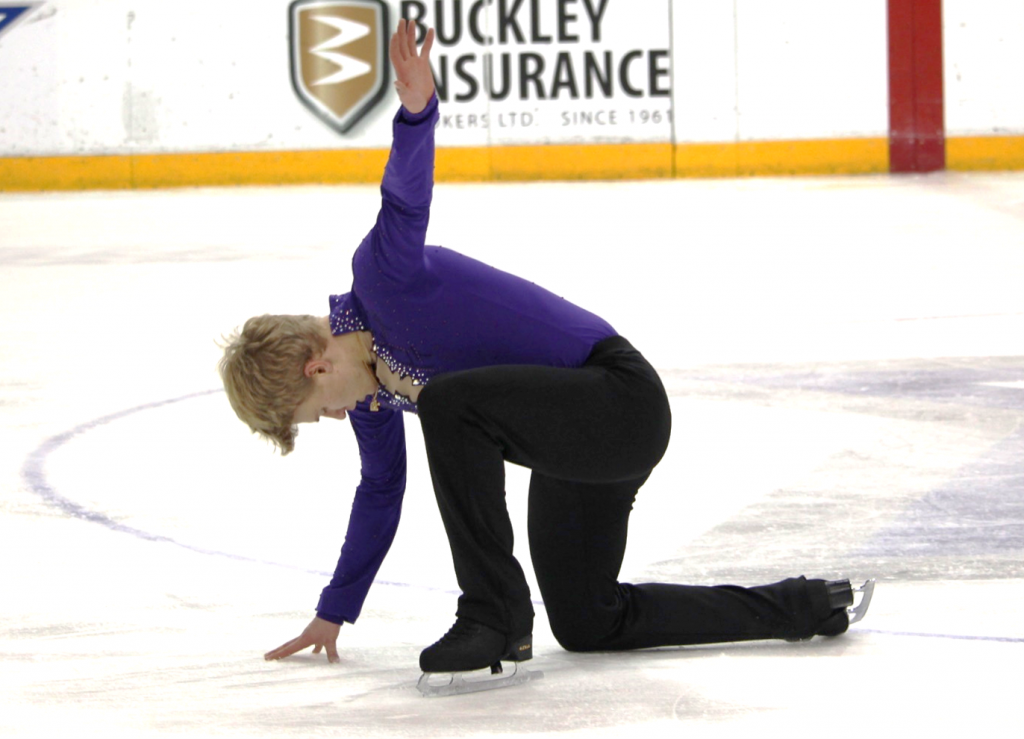I made a name for myself on the Junior Grand Prix circuit. It’s an international competition before the senior stage of top-level skaters. Once I started competing on the Senior world circuit, I was making grand strides and making the podium at international competitions, landing all the triple revolution jumps including the triple axel. This allowed me to qualify for the World Championships in 2016 which would be crucial to help with the Olympic qualification process.
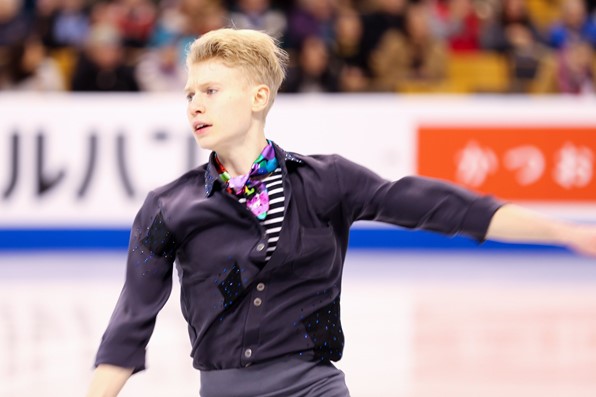
I was born in Argentina, where obviously figure skating is not a popular sport. If I stayed down, there all my life, soccer would have probably been my main athletic passion. But at the age of three I moved to Canada, and with my parents’ rich athletic background, they put my brothers and myself in all kinds of sports to stay active and teach us good life habits. My mom came to the eventual realization that since we were now in Canada, one of the sports we had to learn was skating. Especially since it was considered a hockey country after all.
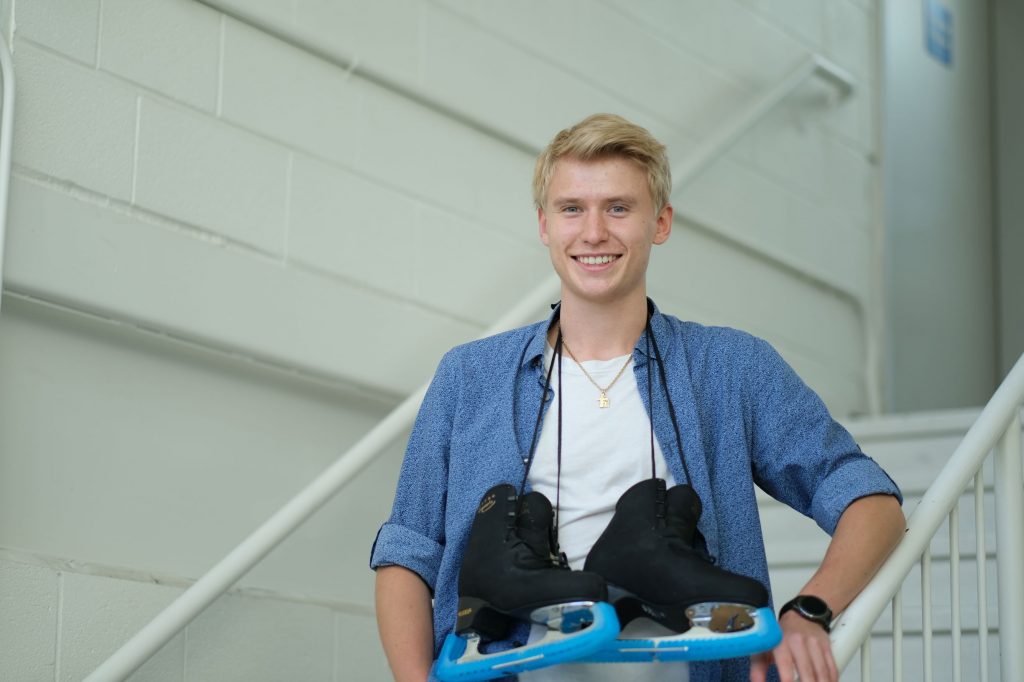
When I am on the ice, it feels as if I am flying. Where I can glide effortlessly through the air and just escape my worries for a short while. The ice is a place that allows me to be complete, and always has, and always will be, a home away from home.”
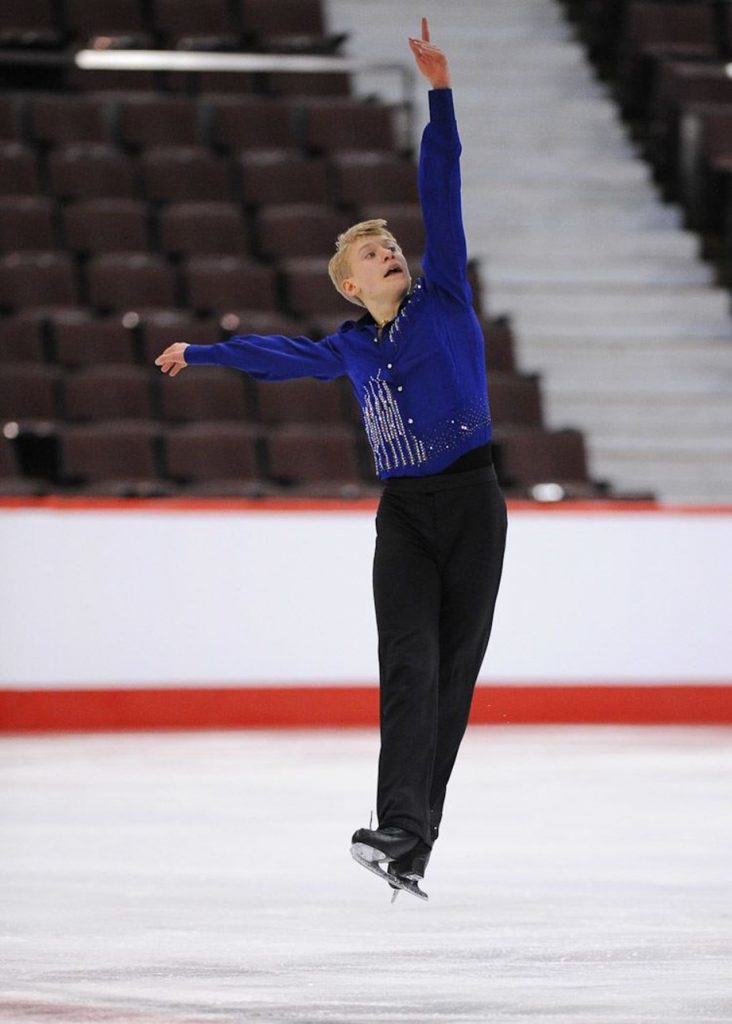
I decided that I wanted to take a bolder step and actually get into a field of research where I could apply, make and discover something that could be utilized in the real world. That was my main incentive for stepping out of my comfort zone from my physiology background and applying to grad school in the biomedical engineering faculty. That was my main driving factor.”
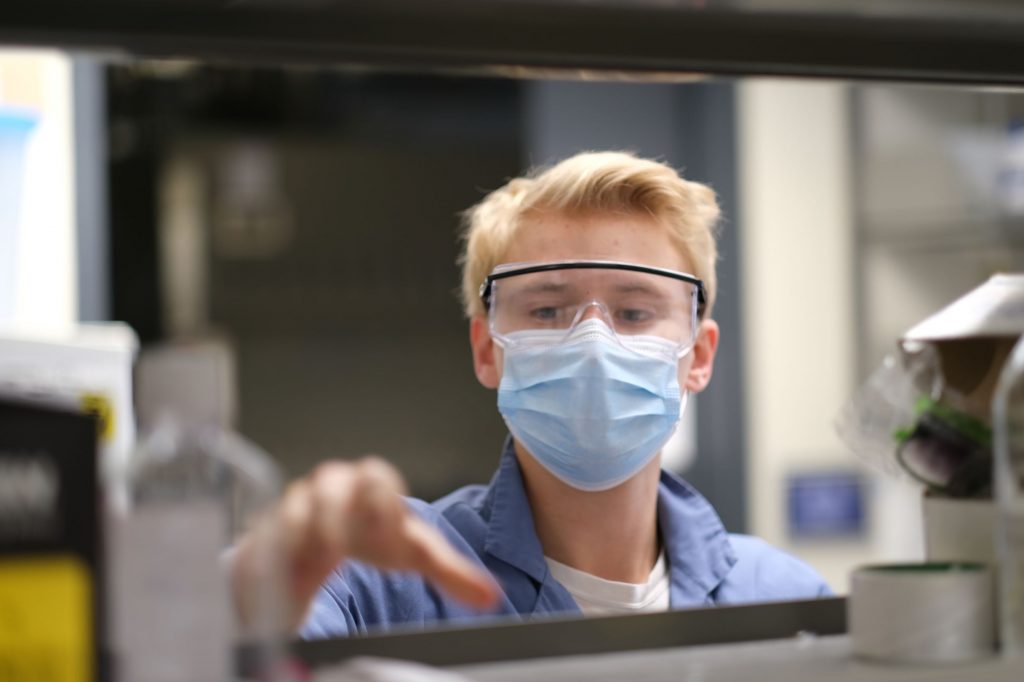
Academia was always a big part of my life, as I treated it just as important as my athletics. That’s why it was difficult when I had to decide whether to accept my university offers after competing at the World Championships, as it would mean an end to my Olympic dream. However, a devastating ankle injury was my tipping point in making my choice to hang my skates away from the international competitive scene and focus onto the education route. But because of this decision, I ended up learning many valuable life skills, develop into the leader I am today, and meet many great people who I now get to call some of my closest friends. Looking back, I can definitely say I don’t have any regrets.”
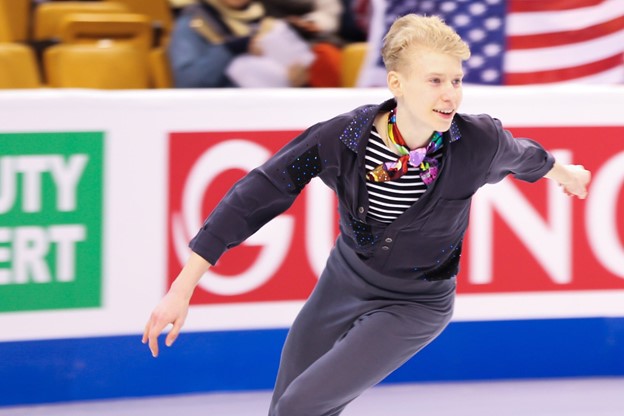
Coming from Western University, it was a bonus for me that the University of Toronto had a figure skating team here as well, and a strong one at that. I feel like I still have a little bit left to give to the sport of figure skating, so I decided that I would try out again for another season or two. When will my drive to skate competitively end? I’m not sure. All I know is that for the time being I will let skating continue in being my peaceful escape and let the skating arena be the place where I hope to make more art on the ice.”
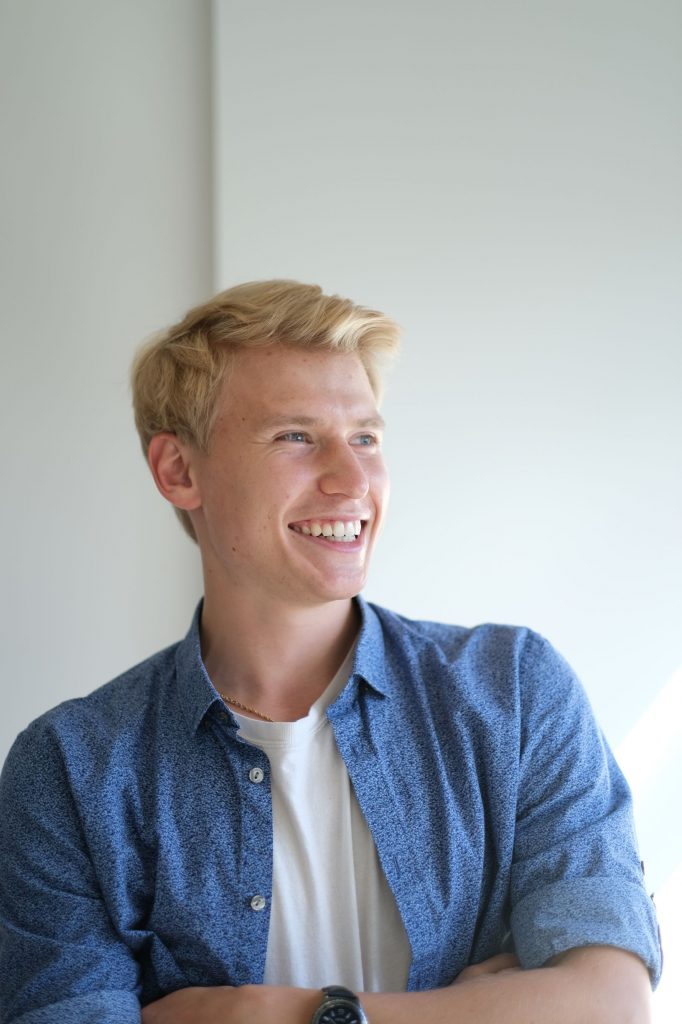
A good lesson I’ve learned through my experience with research that connects well with what I’ve learned with skating is that, whether you start a sporting season, or a research project, you prepare both with a set of goals in mind that you aim to accomplish by the end. Although you hope for that path to go smoothly, most of the time it won’t, as there will be bumps and obstacles in the road. Whether that’s an injury, if we’re talking about sport, or a series of unsuccessful experiments, if talking about research, it’s important to know that it won’t always be straight forward. Setbacks give us a chance to learn from such an experience, to take a moment and reevaluate before proceeding further with a different approach and a different mindset. This then ultimately grows our confidence and our character, leading us to that end goal and glory that we have long desired from the start.
